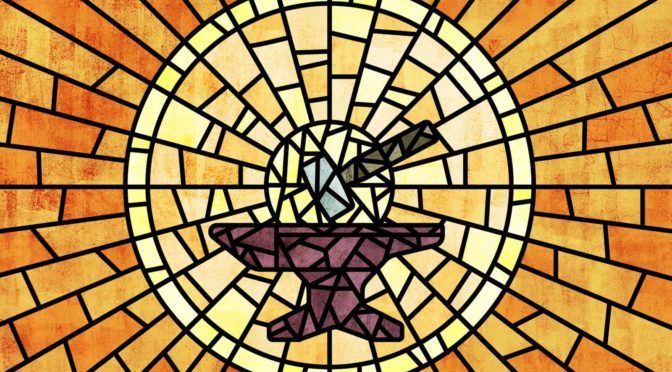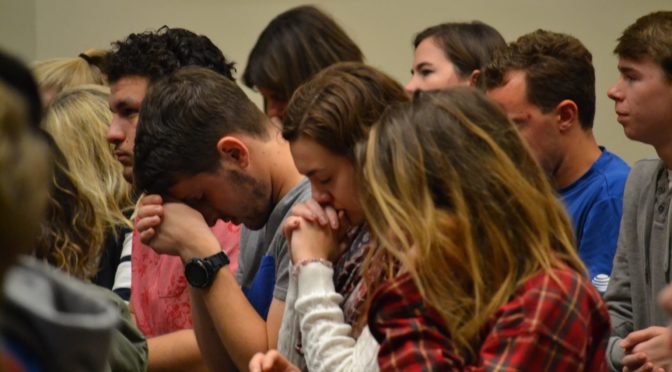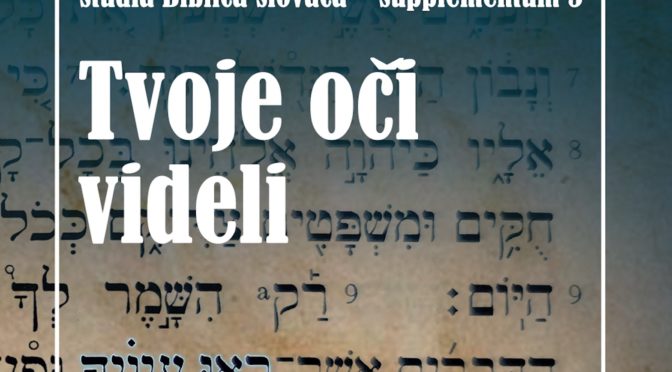Téma múdrosti (hebr. chochmá חָכְמָה) patrí k hlavným teologickým témam v knihách hebrejskej Biblie aj gréckej Septuaginty. Podobný význam možno pozorovať aj v multifunkčnom použití motívu ducha (henr. rúch רוּחַ). Zatiaľ čo viac ako 350 výskytov slova “duch” רוּחַ sa hojne používa u prorokov, ako sú Izaiáš, Ezechiel, alebo v spisoch, ako sú Žalmy, Jób, Príslovia a Kazateľ, dominantné použitie lexémy חָכְמָה má 149 výskytov v Prvej knihe kráľov (17 ×), v knihách Jób (18 ×), Príslovia (39 ×) a Kazateľ (28 ×). Syntagma, ktorú tvoria tieto dve lexémy – „duch múdrosti“ – je v Biblii veľmi zriedkavá. Táto krátka exegetická štúdia skúma použitie a význam syntagmy v rámci troch výskytov v hebrejskej Biblii: Ex 28, 3; Dt 34, 9 a Iz 11, 2. O syntagme v týchto biblických pasážach sa bude hovoriť najprv v ich vlastnom literárnom kontexte. Potom ich výklad môže poslúžiť ako jeden malý príspevok pre ďalšiu teologickú diskusiu o teologickom dopade postupnej zmeny významu múdrosti v rámci kánonu Starého zákona.
Kľúčové slová: duch, múdrosť, tkáči, Jozue, ideálny vládca.




